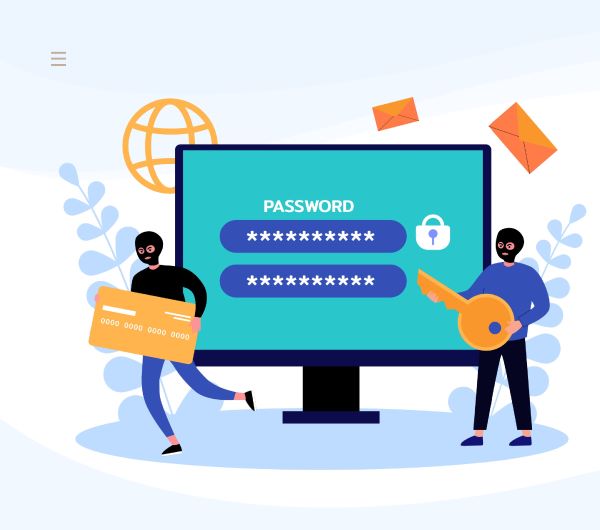Passwords are an key element in personal and business online security. How you use them matters.
Hacking is a constant threat and underestimating the expertise of hackers and the sophisticated tools they have, can be a costly mistake. No individual and no business (large or small) is exempt from this online threat. Passwords are one of the key ways of protecting your online access, but they must be used properly if they are to be effective. In the same way that you’re going to find the best possible unpickable lock for your new bicycle before you park it in public, you should ensure that you use better passwords that are less likely to be hacked.
An innovative way of coming up with random passwords is to construct a sentence and then use the first letter or digit of every word to make up your password. For instance, “Why is this the 4th new password I’ve had to think up today?” gives you this password: “Witt4npIhttut?”
Here are some additional password precautions you can take:
- Don’t use the same password for different services.
- Don’t use similar passwords on different sites, i.e., don’t just change a single character in creating a new password for another site.
- Whenever possible, use multi-factor authentication (MFA). That’s when you log on, you receive a code by, say, text message, to enter before gaining access to the site.
- Use different, long, random passwords for every site.
- Keep your passwords in a password manager.
Again, don’t underestimate the resourcefulness of hackers. To do so could be costly.

